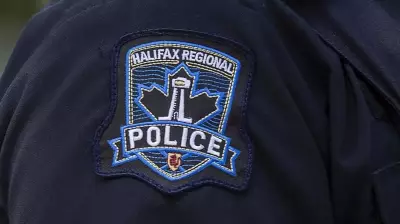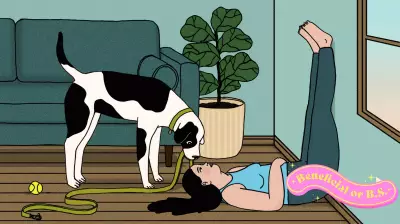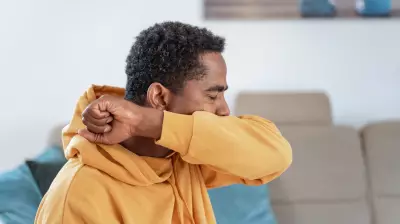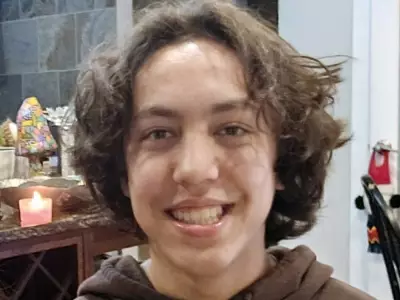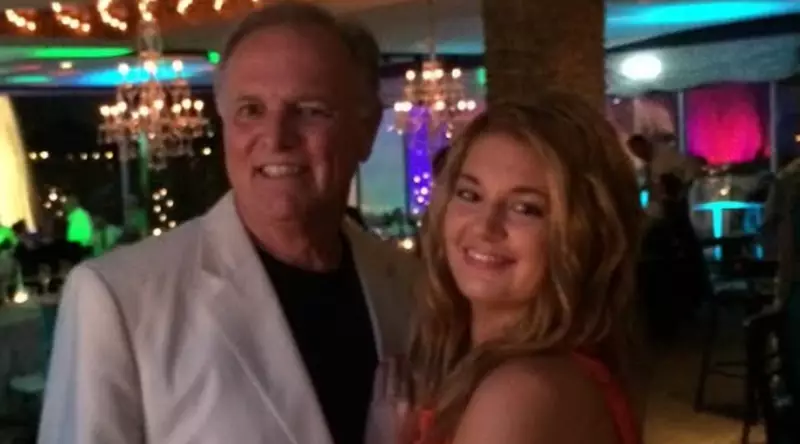
In the summer of 2014, three months after a life-altering diagnosis, Erin Hall posed for a photograph with her father at a wedding. It would become one of their last pictures together, a poignant memory frozen in time as her father battled colon cancer.
The First Signs and a Devastating Diagnosis
The initial hints of illness were subtle and easily dismissed. At an Easter dinner, what was first mistaken for a reaction to a overly-buttered potato casserole was, in fact, a more serious symptom. Her father sat in discomfort, his appetite gone, a scene that had been repeating itself for months. Earlier that year, on a family trip to Mexico, he often retreated to his room, nauseated by buffet food.
For a while, the family chalked it up to flu season, travel fatigue, or minor indigestion. However, the reality was far more serious. Just one month after that Easter dinner, her father was diagnosed with colon cancer.
A Year of Hope, Resilience, and a Hidden Struggle
The year that followed was defined by treatment and a fierce, personal resolve. From the moment she flew home from Chicago after learning the news, Erin made a silent pact with herself: she would never break down in front of her father. She hid her sobs in airport bathrooms and behind sunglasses, determined not to add her fear and anger to the burden he was already carrying.
Her father, meanwhile, faced his treatment with remarkable courage. He cracked jokes with chemotherapy nurses, adapted to the medical port in his chest, and remained talkative during hospital walks. But as the disease progressed, it took its toll. He lost weight, lost his hair, and eventually, began to lose the faith that he could win the fight.
Erin became an expert at compartmentalizing her grief, seeking solace in shadowy hospital hallways or the privacy of her basement to release her rage and sorrow. She would then recompose herself, returning to his side with a smile to share jokes and fond memories.
The Turning Point: 'Why Not Me?'
Ten months into his treatment, her composure finally broke during a conversation in their sunlit living room. As she tried to maintain an optimistic front about his progress, he gently countered with a stark practicality. "I'm sick, dear," he said.
Overwhelmed, Erin asked the question that haunts so many in the face of tragedy: "Why? Why him?" His calm response would change her perspective forever: "Why not me?"
These three words cut through the search for blame and reason. They embodied a profound acceptance that tragedy is often random. Cancer doesn't discriminate; it can happen to anyone. In May 2015, nearly a year after his diagnosis, Erin's father lost his battle with colon cancer.
A Legacy of Awareness and a Call to Action
In the seven years since, Erin has watched colon cancer, also known as colorectal cancer, become increasingly prevalent. According to the American Cancer Society, it is the third-leading cause of cancer deaths. An estimated 150,000 new cases are expected in the U.S. this year alone. Alarmingly, a disease once associated with older adults is now being diagnosed more frequently in people under 55.
While the "why" may remain unanswered, the "how" to fight it is clear: early detection saves lives. The American Cancer Society states that when colorectal cancer is found early, before it spreads, the five-year relative survival rate is about 90%.
Screening is recommended starting at age 45 for those at average risk. For the up to 30% of patients with a family history, like Erin, conversations with a doctor about earlier screening are crucial. Tragically, waiting for obvious symptoms can be fatal, as early signs are often mild and mistaken for other common ailments.
Erin now lives with the lingering question of whether an earlier screening could have saved her father. This uncertainty fuels her vigilance about her own health. Her father's lesson, however, extended beyond medicine. His "Why not me?" philosophy has also inspired her to embrace life's opportunities with passion and courage, pursuing her love of writing and new adventures, reaching for the things she knows he would want for her.
His final guiding lesson became a source of strength, giving her the courage to live a life that would make him proud.


